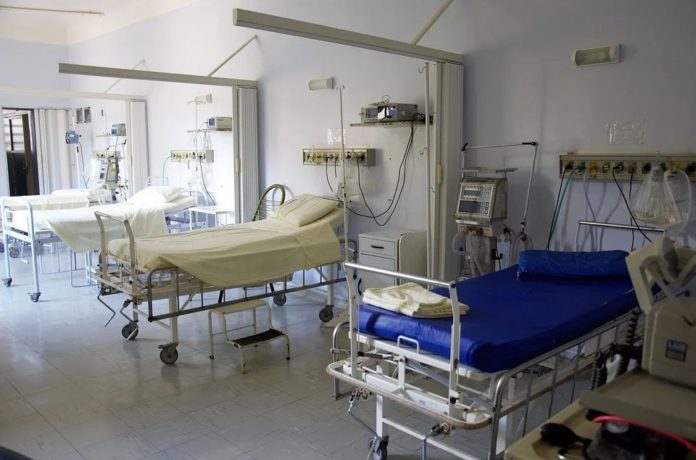The inaugural CAYAS Childhood, Adolescent, Young Adult and Survivorship conference will take place in Ireland on Saturday, September 11th.
Three advocate groups for children, adolescents, and young adults living with or having had cancer have come together to host the virtual event.
CanCare4Living, Childhood Cancer Foundation Ireland and CanTeen Ireland are organising the event, which the National Cancer Control Programme, the Irish Cancer Society and Children’s Health Ireland are supporting.
CAYAS conference
Organisers of the CAYAS inaugural conference said:
“This conference aims to bring together all those impacted by or involved in the childhood and youth cancer community, including patients, survivors, families, carers, advocates, health care professionals, researchers and policymakers.”
“Our vision is to have as much inclusivity as possible as it is vital to bring all the different voices together.”
“We want to highlight, encourage and support collaboration within the CAYAS community and keep the lived experience at the heart of the conversation.”
In recent years, the NCCP strategy has included the CAYAS community, as has the Irish Cancer Society’s strategy.
“It is great to see the amount of activity, research and conversations that are now taking place.”
“So, we are having the conference to shine a light on this great work, to listen to and learn from the lived experience, to acknowledge that there are many unmet needs and to encourage collaboration.”
“Up to 400 children and young people are diagnosed with cancer in Ireland each year. It is truly devastating for them, their wider families and close circle.”
Just as each cancer diagnosis is different, each individual feels the impact differently, be it physically, psychologically and socially, both at the time of diagnosis and afterwards.
Coordinated, coherent and integrated support plan
Organisers believe Ireland needs a “coordinated, coherent and integrated” support plan for all childhood patients, survivors, and families.
“There is so much information and so many bodies who are doing incredible work. But, the approach has to be a holistic one. It is only by working together that we can hope to achieve better outcomes.”
“We believe our CAYAS Conference is a huge step in achieving this. We are giving all relevant groups an invaluable platform from which to share their knowledge, supports and experiences.”
“Furthermore, we wanted to explore how the serious illness impacts on parenting, family life, sibling relationships, mental health – both during and post-illness.”
“Most people think that childhood cancer is over once treatment is finished. However, these toxic treatments that save lives result in several long-term effects.”
Gold Ribbon Conversations Podcast
The launch of the Gold Ribbon Conversations Podcast will coincide with the event.
A Wexford mother whose son is bravely battling cancer will speak about her experience of the illness in the series.
Little Cillian Condon, from Wexford, was diagnosed with T Cell Lymphoblastic Lymphoma in 2018 when he was just 7-years-old. His mother, Sinead Wood, recently opened up about the family’s experience.
“I think this podcast series and the inaugural CAYAS Conference are so incredibly important. Both will focus on the vastly different experiences people have of cancer.”
“No one experience is entirely the same. It is crucial that all the different perspectives are heard. Both the Gold Ribbon Conversations Podcast and CAYAS are the perfect platforms.”
“Every family’s story is different, but we all shared the same pain – fear for our children’s lives,” she concluded.





